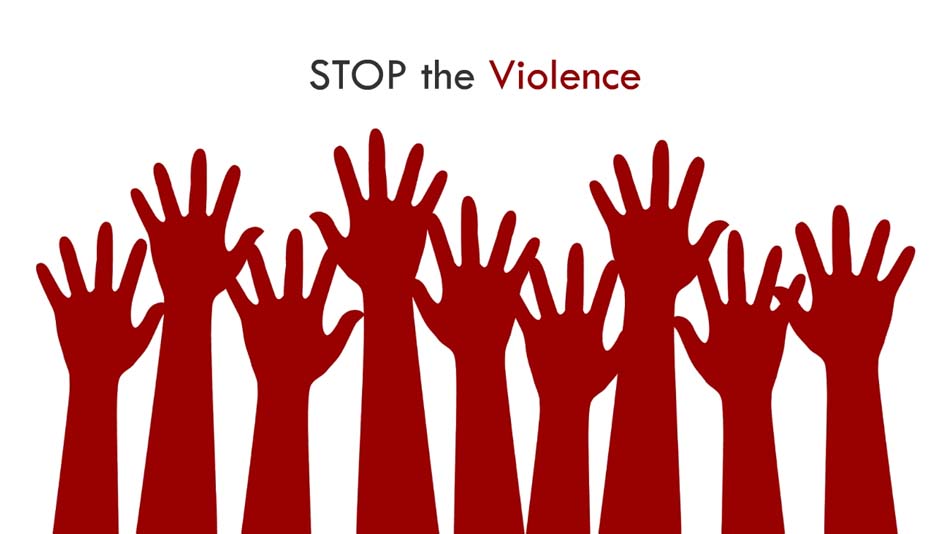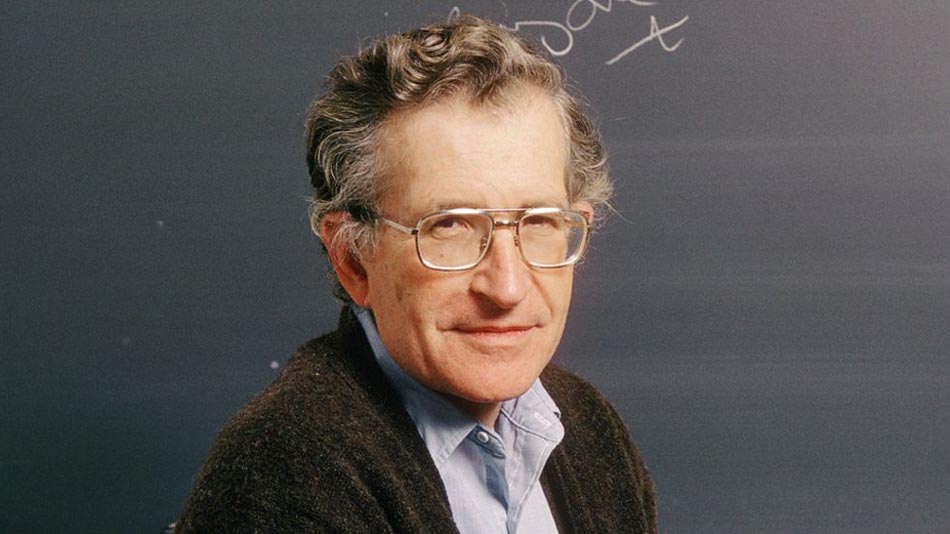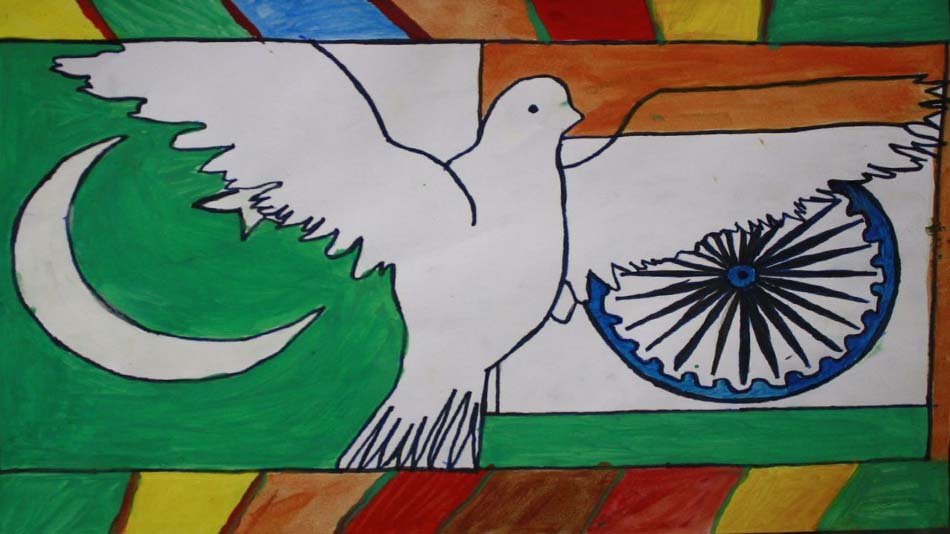Violence in historical perspective

Seminars on Good Governance and Religious Tolerance
March 5, 2017
Dr. Abdus Salam’s Fourth Death Anniversary
April 18, 2017
Speakers at a seminar on “Violence in historical perspective” stressed the need for diagnosing causes of violence before proposing a possible solution.
“It should not be considered as a problem that can be solved through legal or administrative measures, but as a grave issue needing reorientation of priorities of the state for a long-term solution,” they said.
The seminar with special reference to a book on the same subject was organized by Mashal Books on August 18, 1997.
Justice (retd) Zia Mehmood Mirza was in the chair while renowned jurist Abid Hassan Manto, journalist Abdullah Malik, HRCP director I. A. Rehman, educationist Arifa Syeda and scientist Dr. Pervez Hoodbhoy were among the speakers.
Justice (retd) Zia Mehmood Mirza termed the book a food for thought for all the concerned citizens. He said the writer had given a very refined definition of violence.
“One is forced to agree with the writer who declares violence a part of human instinct. But, to be a part of civilized world, one should resist against this instinct,” he said.
Abid Hassan Manto lamented that when the rulers tried to find ways and means to overcome violence, they relied on laws allowing the use of brutal force. He said religious seminaries were serving as a breeding ground for violence where young students were taught violence in the name of Jehad.
I. A. Rehman said a few years ago violence was a problem for a limited number of people. Now it was a problem for all.
Referring to the Anti-Terrorist Act, he said in some aspects it was similar to the one introduced in the Punjab in 1866. He traced the roots of violence during the partition days. Since then we not only promoted violence, but also added so its value, he said.
Abdullah Malik differed with an earlier speaker who termed 1947 the starting point of violence in society, and said the history of violence dated back in the early days of the Pakistan Movement. “When the Quaid-i-Azam parted ways with the Indian National Congress, he accused Gandhi of playing with the religious sentiments of the people of the subcontinent for his political ends but when re-organized All India Muslim League in 1937, he resorted to the same tactics,” he said.
Abdullah Malik said: “We often talk of atrocities committed against Muslims during the partition days in East Punjab, but we never tied to know what happened to the lives and properties of Hindus and Sikhs in the heart of Lahore.”



